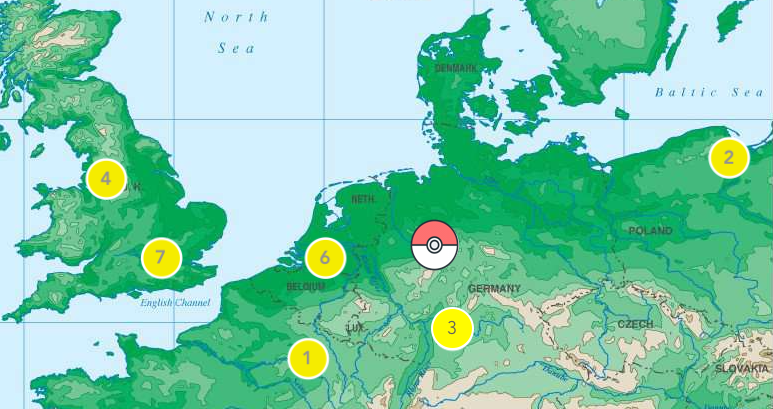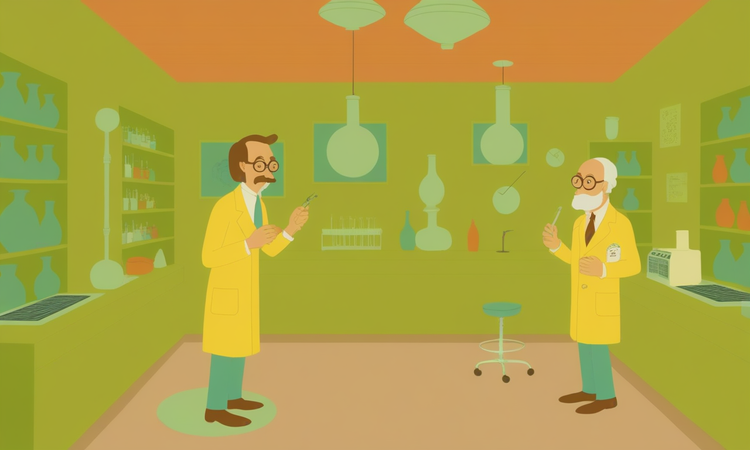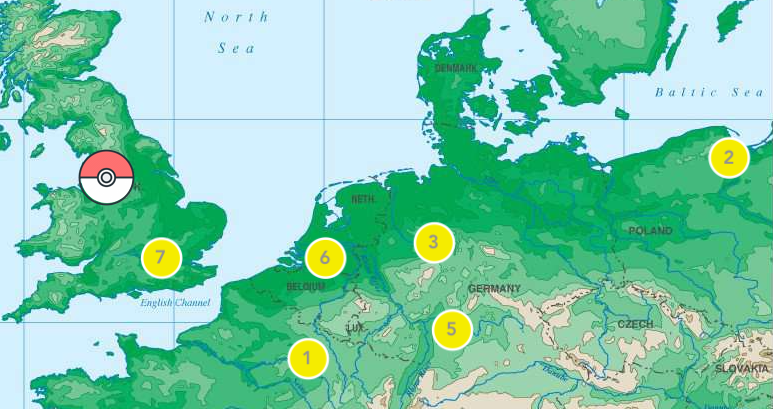Emerging Trend: Digital Native Schools
I know I said last week that I wasn't going to do as much about education and focus more on product development and creative process (and that I was only going to be in your inbox every couple weeks...but here I am). But the Gray Lady went and got my mind whirring with Natasha Singer's article on remote schooling as a permanent fixture in the educational landscape.
By most popular accounts I've come across, this past year was not good for the idea of remote schooling, so it's interesting to see this counterpoint calling out that for a lot of families there are really good reasons why the prevailing system of education doesn't actually work all that well for them.
I was disappointed, though, that the article focused almost exclusively on how public school systems are creating digital alternatives - in part because to the extent that it got into any detail on how they are doing that, it emphasized continuity with the existing in-person model; but mostly because it overlooked another phenomenon that is far more interesting: the rise of the digital native school.
The article mentions several online & virtual schools that have been around for decades as the models for remote schools, but right now there's a crop of new schools operating in the private school market* that are distinct from "virtual schools" that are reproducing the same philosophy of the educational status quo.
Three that spring to mind immediately are Valenture, Galileo, and Prisma - and they have a fair bit of shared DNA between them. They are neither "all day video call" schools nor are they "read and work through exercises on the screen" schools. They are all project-based & interdisciplinary. They focus on building learning communities in which peers are as important as teachers in the learning process. Each of them has certain distinctive elements - Galileo and Prisma are more explicit about personalized learning, whereas Valenture is more into university partnerships - but underlying all of them is a more progressive pedagogy that drives the digital tools, rather than the inverse where the constraints of the tools drive the pedagogy.
At the same time, there are programs like Synthesis and Primer - they aren't schools right now, but you don't have to squint too hard to see how they could evolve into a model with both schools and enrichment programs over the next few years. In fact, within this approach they can do things much differently because they don't need to be compared with schools - initially, they just need to supplement them, but as parents see what these programs are capable of doing in a digital environment it can change what the parents expect from a school.
I'm calling these digital native schools for a couple reasons: first, because they're a generation of schools that have been created by digital natives, people for whom the idea of a digital exclusive community is just an assumed part of social existence. Second, because they are born at a time when the tools to support progressive pedagogy in a digital environment are coming online (I think they're still nascent, but they've travelled light years in the past decade). These schools are leaning into the affordances of digital environments and tools to build schools that focus on social bonds and identity development alongside knowledge and skills. They aren't meager replacements for brick and mortar institutions; they are proudly digital first.
At least, that's what they're aiming to be. It's still early days, and I'd say the jury is still out on how fully they can deliver on the aspirations. What has clearly changed, though, is what those aspirations are.
*I'm not going to go all the way in deep on what this means in terms of equity and accessibility, and I'm going to steer clear of getting into the tensions of education as marketplace. If you want me to go down that rabbit hole, get after me on Twitter (@MrTrudeau) or in the comments here.






Member discussion